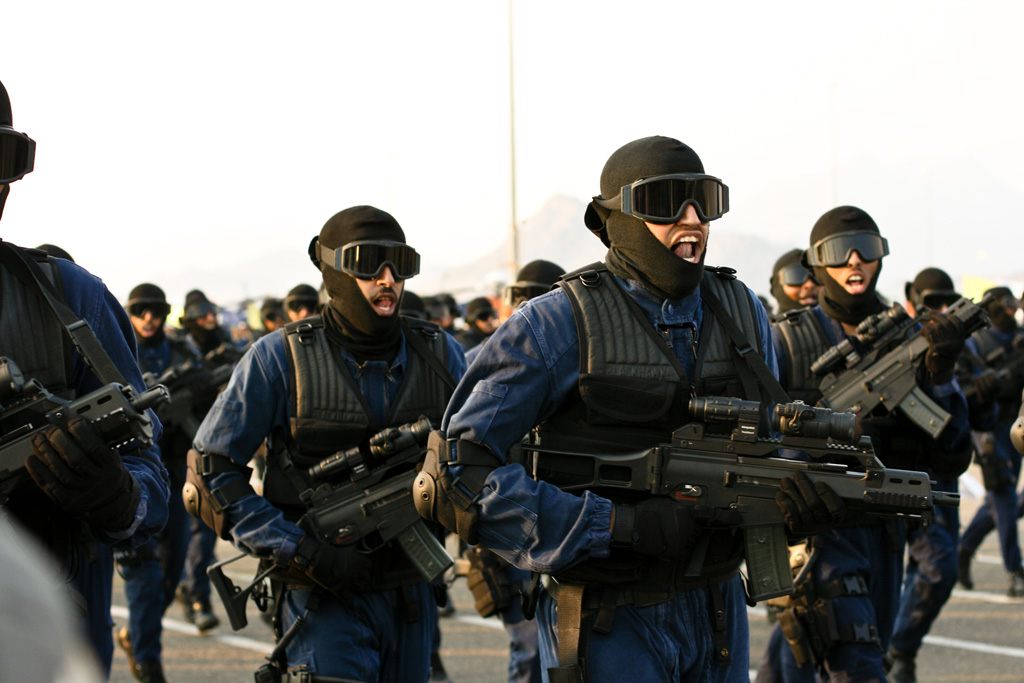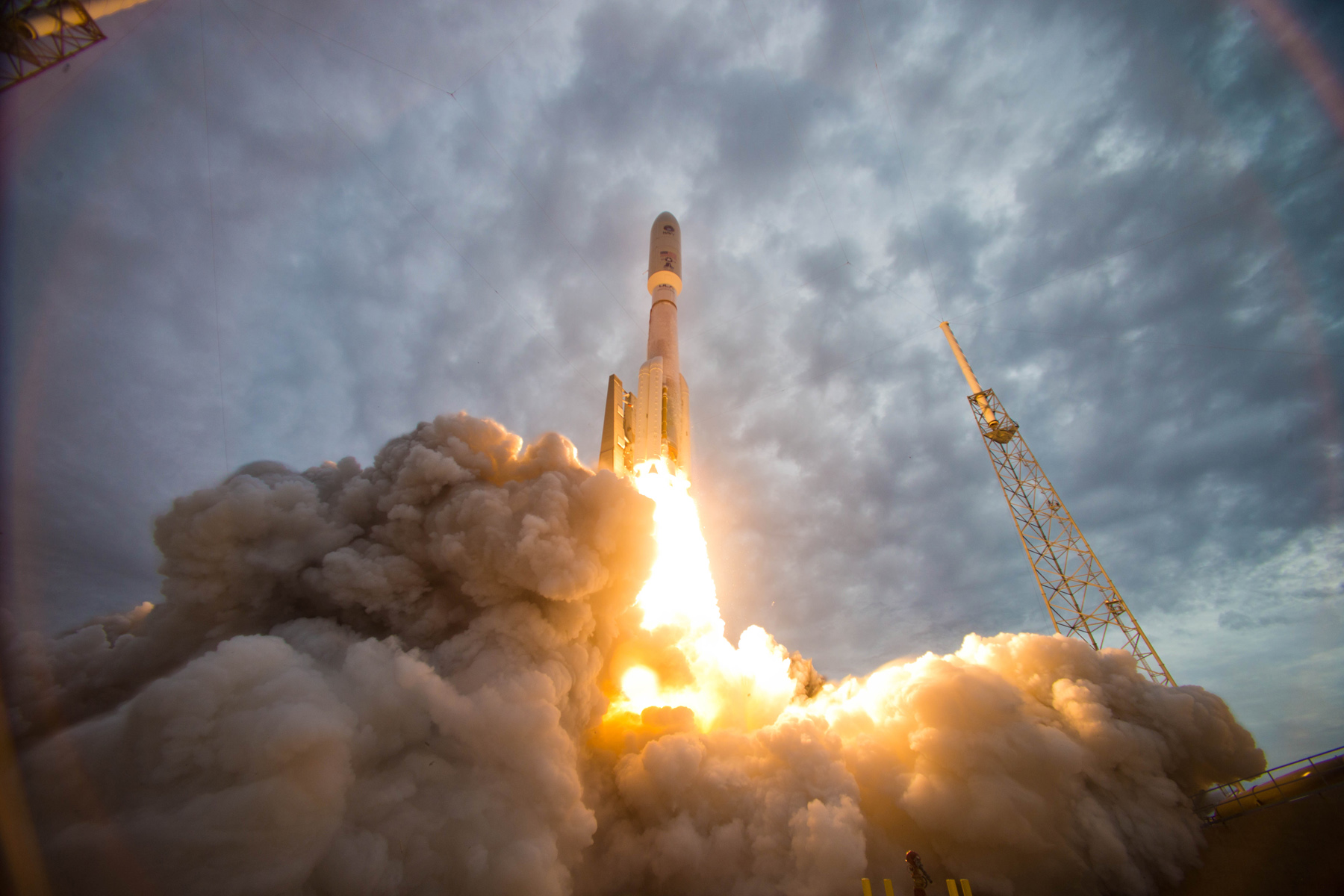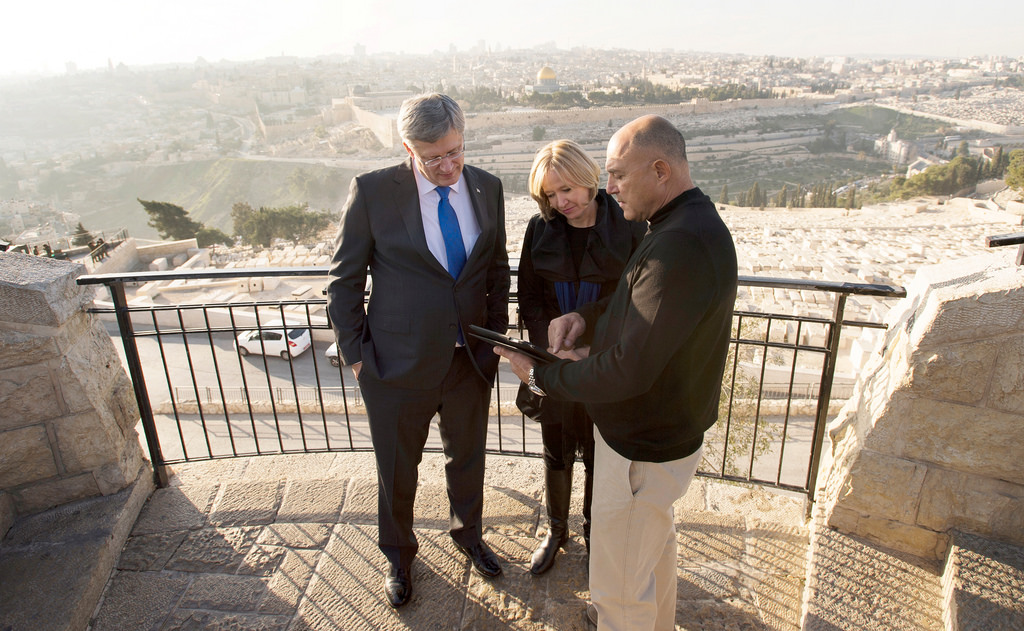As a traditional ally of the United States, Saudi Arabia’s ties with Russia have been lukewarm at best. Any meaningful relationship between the Kingdom and Russia went into deep freeze due to the Washington-Riyadh-Islamabad nexus which funded the Mujahideen in Afghanistan. Russia and Saudi Arabia have found each other to be diametrically opposed in Syria; Russia seeks to preserve Bashar al-Assad’s regime, at least for now, whereas the Kingdom aims to influence regime change.
It was surprising for many to suddenly see the two states come close, in the midst of the Syrian quagmire in which both are involved. The Saudis and the Russians signed a number of agreements with one another, promising to cooperate on oil, space and nuclear energy. The Kingdom plans to build 16 nuclear reactors in the future and Russia maybe a key factor in helping them achieve this goal. The nuclear reactor development projects may be a carrot, in line with the Kingdom’s chequebook diplomacy, to produce favourable stances from Russia on future occasions.
The Saudi Public Investment Fund, alongside a Russian fund is creating a partnership for direct investment. The direct investment project is estimated to be US$10 billion, most of which will be invested in Russia. The project will be focused on building infrastructure, agriculture, medicine, logistics and real estate. The period of investment is 4-5 years. The Saudi investment is now the largest foreign direct investment in the country, beating the United Arab Emirates’ (UAE) US$7 billion investment.
 Russia stands to benefit from Saudi Arabia as in the midst of sanctions from European nations it seeks to find alternate sources of income and long term agreements. The development of nuclear reactors and the oil trade from Saudi Arabia can help relieve the Russian economy. Saudi Arabian Oil Minister Ali al-Naimi said in Saint Petersburg that bilateral cooperation would result in the creation of a “petroleum alliance” which would help stabilize and improve oil markets. These are not small words, al-Naimi is a powerhouse within the Saudi political landscape, and Russia can potentially gain a crucial ally in the region by working with the Saudis.
Russia stands to benefit from Saudi Arabia as in the midst of sanctions from European nations it seeks to find alternate sources of income and long term agreements. The development of nuclear reactors and the oil trade from Saudi Arabia can help relieve the Russian economy. Saudi Arabian Oil Minister Ali al-Naimi said in Saint Petersburg that bilateral cooperation would result in the creation of a “petroleum alliance” which would help stabilize and improve oil markets. These are not small words, al-Naimi is a powerhouse within the Saudi political landscape, and Russia can potentially gain a crucial ally in the region by working with the Saudis.
Signs of thawing ties became evident when Russia stated that it could export military hardware to Saudi Arabia. Igor Sevanstyanov, deputy director general at Rosoboronexport, Russia’s state weaponry trading corporation, stated that Russia was ready to supply the mobile short-range Iskander ballistic missile complexes to the Kingdom, although officials previously said that the Iskander system would not be exported. It is highly unlikely that Saudi Arabia would turn to Russia for weapon system contracts in the future since its proliferation activities are heavily related to the West, mixing together Eastern and Western weapons systems can be problematic for interoperability and training. The option by Russia to potentially supply Saudi Arabia is to be seen a sign of strengthening trust, as opposed to U.S.-Saudi relations currently being tested.
Saudi Arabia and other countries such as Turkey and Jordan have a vast untapped potential for cooperation for Russia. All three countries have expressed interest in Russia’s nuclear energy project. Russia aims to gain influence in the Middle East, not by supporting the downfall of Bashar al-Assad, but through the infrastructure development of partner nations. By helping the Middle East advance its infrastructure and assist their energy project, Russia can count on those countries to take into consideration Russia’s regional policies and concerns.
Another potential aspect of cooperation for these countries is partnering with Russia in counterterrorism in the region, Moscow has been vocal in calling all regional countries to come together and counter the threat of ad-Dawlah al-Islamiyyah (the Islamic State, ISIS) which recently gained the allegiance of the Caucasus Emirate in Russia. Since ISIS is a multi-region threat it becomes a catalyst in cultivating security ties between Russia and the Middle East due to their proximity.
Middle Eastern allies of the U.S., including Saudi Arabia, have been infuriated, by the U.S. led bombing campaign against the Islamic State, deeming it to be lacking “a clear purpose”. American commanders have also blocked the direct transfer of millions of dollars of equipment to the Kurds in their fight against the Islamic State. The regional powers seek to counteract the Islamic State by arming the Kurds directly; the U.S. demands that all weapons should be channelled through the Iraqi authorities. Countries such as Saudi Arabia would rather arm the Kurds directly, than transfer weapons to the Iraqi government which is Iran-friendly, since Iran is a perceived regional threat and has conflicting designs for the Middle East.
Saudi Arabia stands to influence regional affairs from an unorthodox source and an unlikely ally. Russia. It is not by chance that both countries have committed to strengthening bilateral ties. It gives strategic depth to both states in exercising their interests in case their traditional methods do not bear fruit. Just as it may be of concern to the Kingdom to see warming ties between Iran and the U.S., it would be of concern to Iran to see warming ties between Russia and Saudi Arabia. Saudi Arabia may have taken a chapter out of Iran’s book, bringing closer its regional opponent’s major ally. Russia has kept good relations with Tehran over time.
Now that the United States and Iran are preoccupied with the nuclear deal and regime change in Syria is on the back burner, the Kingdom has also followed the pragmatic course by reaching out to an unlikely ally. Although cooperation so far is primarily based on nuclear energy, it would be interesting to see how far this relationship will develop and what will be the regional consequence of such accords between Russia and Saudi Arabia.






